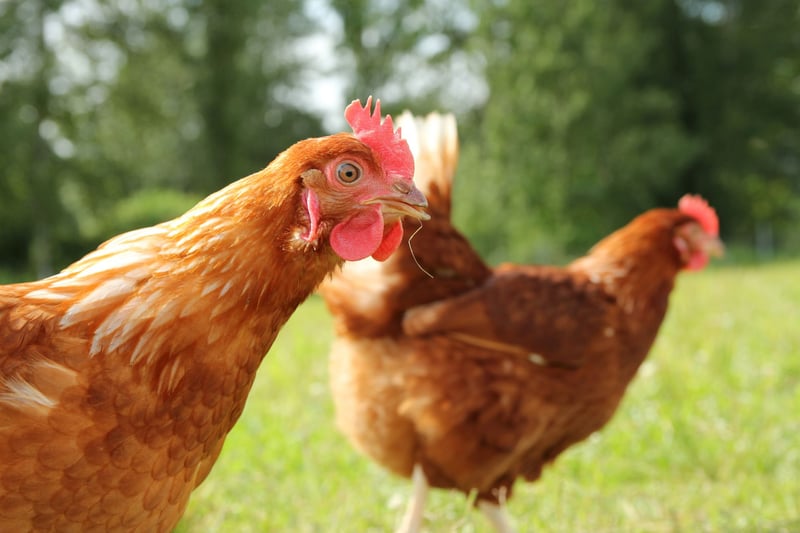
How to shop responsibly at the supermarket
News
We all want to be more responsible consumers, from the clothes we wear to the food we eat and everything in between. We’re increasingly seeing alternatives pop up for most products, but it can still be tricky to know whether you’re making the right choices.
Top image: i.c.productions
Given it’s World Environment Day today, we’ve compiled our tips to help you shop more responsibly at the supermarket:
Shop in a bulk foods store:
Bulk foods or ‘BYO container stores’ are becoming increasingly popular as a way of cutting out useless packaging and to stop you buying more than you need. These stores help promote a zero-waste lifestyle, so are filled with bulk wholefoods and healthy snacks that have no packaging. Don’t worry if you forget your containers - they have paper bags on hand! The Source Bulk Foods has stores across New Zealand.
Choose free range eggs:
Buying free range eggs is one of the easiest ways to shop responsibly when you’re at the supermarket. Hens kept in battery cages are permanently warehoused with tens of thousands of other birds and each hen only has a cage about the size of an A4 piece of paper. Look out for the free range label, and even better, find the one with the least birds per hectare.
BYO fruit and vegetable bags:
There’s a growing movement of customers pushing supermarket chains to reduce their plastic – with some success. But even if you remember to bring your own green shopping bag to the supermarket, it’s hard to avoid those plastic bags when packing your fresh produce. Thankfully, you can now buy reusable bags from most enviro-stores or markets, made for loose fruits and vegetables. Alternatively, head to the mushroom section and grab a paper bag instead.
Buy high welfare meat:
If you choose to eat meat, there are higher welfare meat options available at major supermarkets and butchers. Do your research before you go to the supermarket or talk to your butcher to understand where your meat is coming from. Knowing the country of origin is important as animal welfare laws differ greatly between countries.
One of the simplest ways to be more sustainable is by making small changes when buying your groceries.